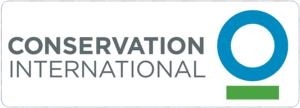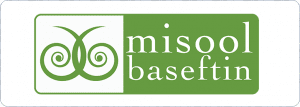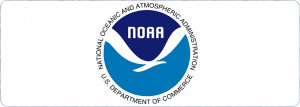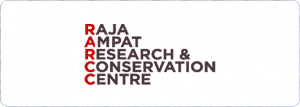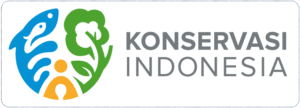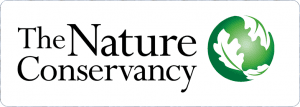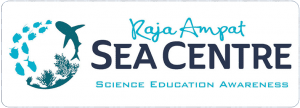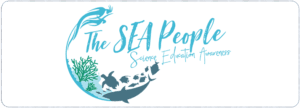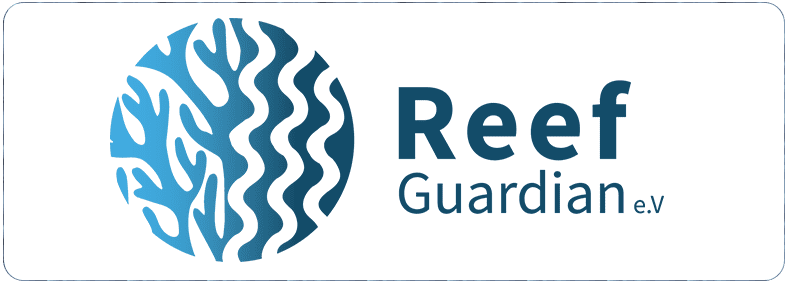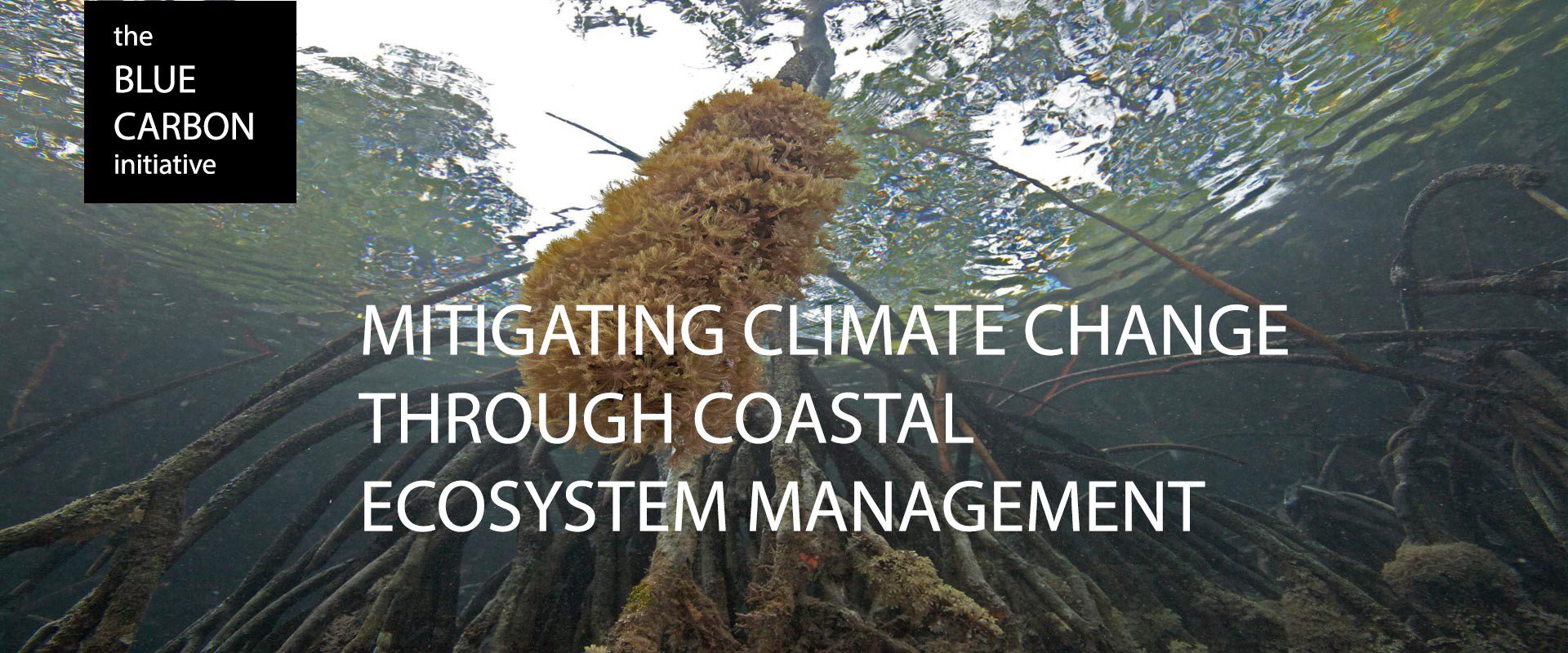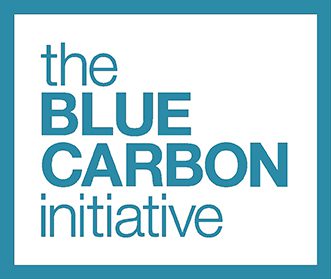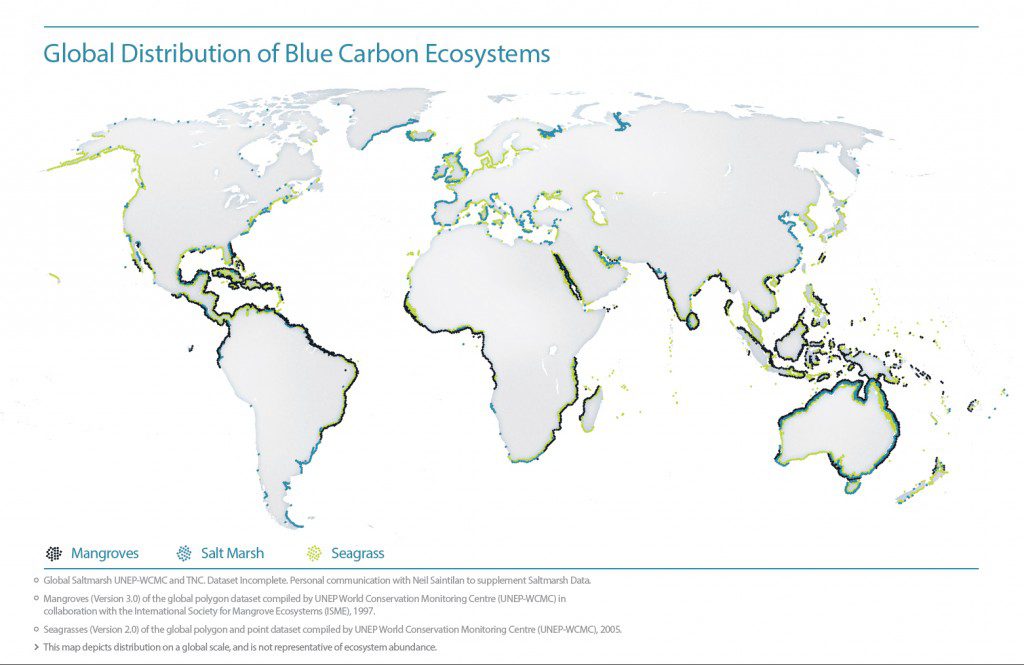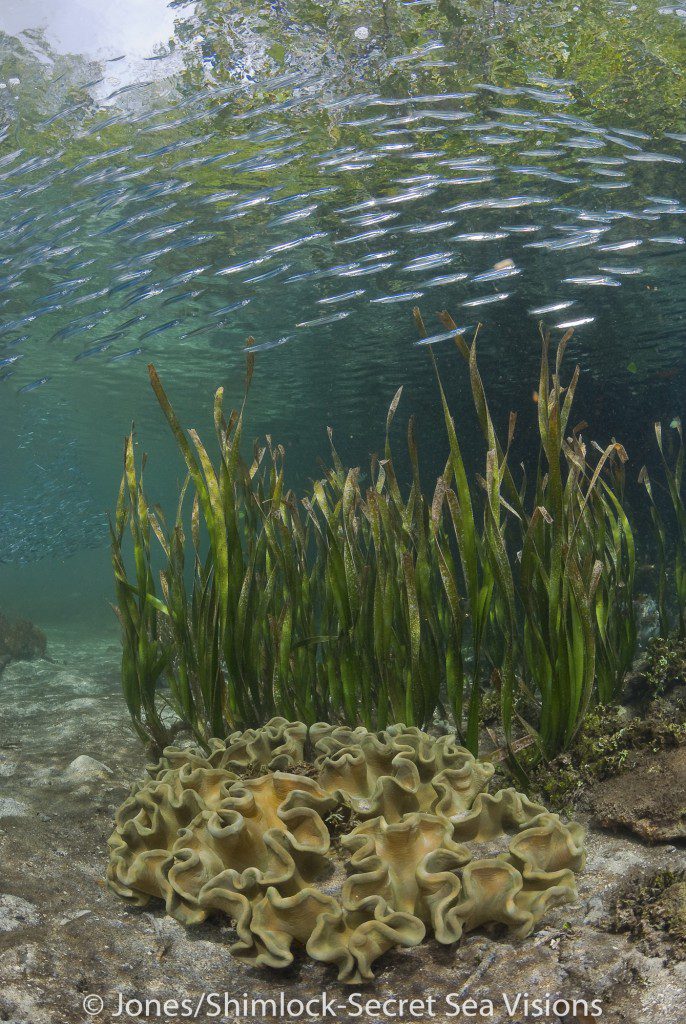Indonesia continues to draw the attention of the International BLUE CARBON community by Jennifer Howard
Indonesia continues to draw the attention of the International BLUE CARBON community
by Jennifer Howard
Encompassing 13,466 islands and more than 95,181 km of coasts, Indonesia is the world’s largest island country both in area and population. Indonesia is also the most important blue carbon country in the world. The term “Blue Carbon” is used to describe carbon stored, sequestered or released from the vegetation and soils of coastal ecosystems such as mangroves, salt marshes and seagrasses. Similar to terrestrial forests, Blue Carbon ecosystems remove CO2 from the atmosphere and store it in the plants themselves and in the soils beneath them. But what makes these systems special is that Blue Carbon ecosystems are nearly 5x more efficient at storing carbon than terrestrial forests.
A recent assessment estimates that 21% of all mangroves and at least 10% of all seagrasses in the world are found in Indonesia. Due to the extensive amount of Blue Carbon ecosystems throughout the country, it is estimated that Indonesia stores roughly one-third of the world’s coastal Blue Carbon. Simultaneously, these coastal ecosystems are highly threatened – in Indonesia 1-2% of the country’s mangroves are degraded or lost every year. During the past 50 years, nearly half of the archipelago’s mangroves have been lost mostly due to aquaculture, coastal development, fuel wood collection, palm oil plantations and other activities. These activities result in loss of numerous ecosystem services critical to the local population but also result in the stored carbon within these systems being released in the form of CO2. Given the continuing loss of mangroves and seagrasses, the amount of CO2 returned annually to the atmosphere is approximately 33 million tons, roughly 10% of Indonesia’s total annual GHG emissions from land use.
These numbers are both impressive and worrying. Given the huge impact loss of Indonesia’s Blue Carbon ecosystems has on their national carbon emissions and the huge potential for mitigating climate change through conserving and restoring these ecosystems, the International Blue Carbon community has been watching Indonesia with increasing interest.
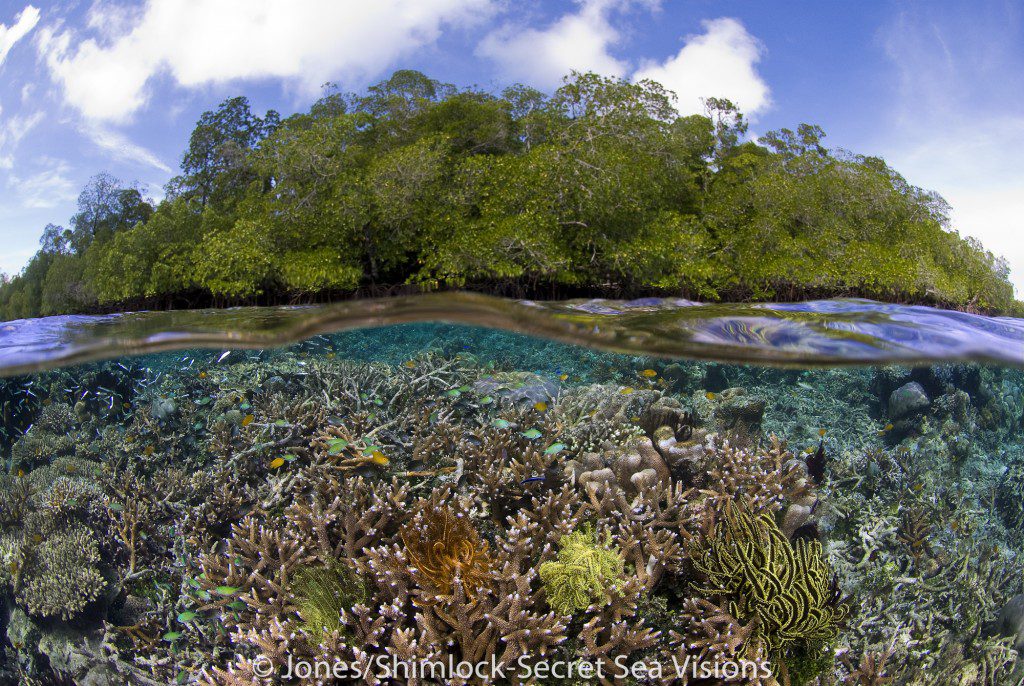
Indonesia, West Papua, Raja Ampat. The lack of wave action combined with clear water allow corals to grow very near the surface in this unique environment.
The International Blue Carbon Initiative
The International Blue Carbon Initiative is a coordinated, global program focused on mitigating climate change through the conservation and restoration of coastal and marine ecosystems. It is coordinated by Conservation International (CI), the International Union for Conservation of Nature (IUCN), and the Intergovernmental Oceanographic Commission of the United Nations Educational, Scientific, and Cultural Organization (IOC-UNESCO). And brings together governments, research institutions, non-governmental organizations and communities from around the world. The Initiative was formed in 2011 and immediately recognized the global value Indonesia could provide both in scientific understanding of Blue Carbon ecosystems and in new management and policy opportunities. The Initiative held their first meeting in Indonesia in 2011 and many Initiative members have been active advisors to the Indonesian government on Blue Carbon science and policy ever since.
In the years following the 2011 meeting Indonesia developed the National Science Plan for Blue Carbon, created a Blue Carbon Center within the Ministry of Marine Affairs and Fisheries, supported research conducted by national and international scientists on Indonesia’s blue carbon ecosystems, and NGOs are working with the government and coastal communities to implement Blue Carbon demonstration projects on the ground. This includes the first ever marine protected area (managed by Conservation International and located in Arguni Bay, in Kaimana, West Papua (near Triton Bay) and part of the Bird’s Head Seascape) to include coastal Blue Carbon in its design and management plan from inception to implementation.
The Initiative is excited to begin preparation to return to Indonesia for their annual meeting in 2016!!!
Conservation International and CIFOR are planning to co-host the Initiative members and leading Blue Carbon experts throughout Indonesia for a 3-day meeting in Bunaken in late 2016. The meeting will highlight the many accomplishments and progressive actions taken by Indonesia and remaining scientific questions and policy needs. More information on the International Blue Carbon Initiative can be found on their website http://thebluecarboninitiative.org/. Management of coastal Blue Carbon ecosystems, through reduction in emissions, conservation, restoration and sustainable use, has strong potential to be a transformational tool in effective global natural carbon management. Indonesia continues to be exceptionally influential in integrating Blue Carbon into coastal marine management and to a greater extent popularizing the concept of Blue Carbon as a viable tool for climate mitigation and adaptation. Indonesia is poised to push Blue Carbon science and policy forward and will provide a wealth of knowledge and lessons learned for the member of the Working Group.
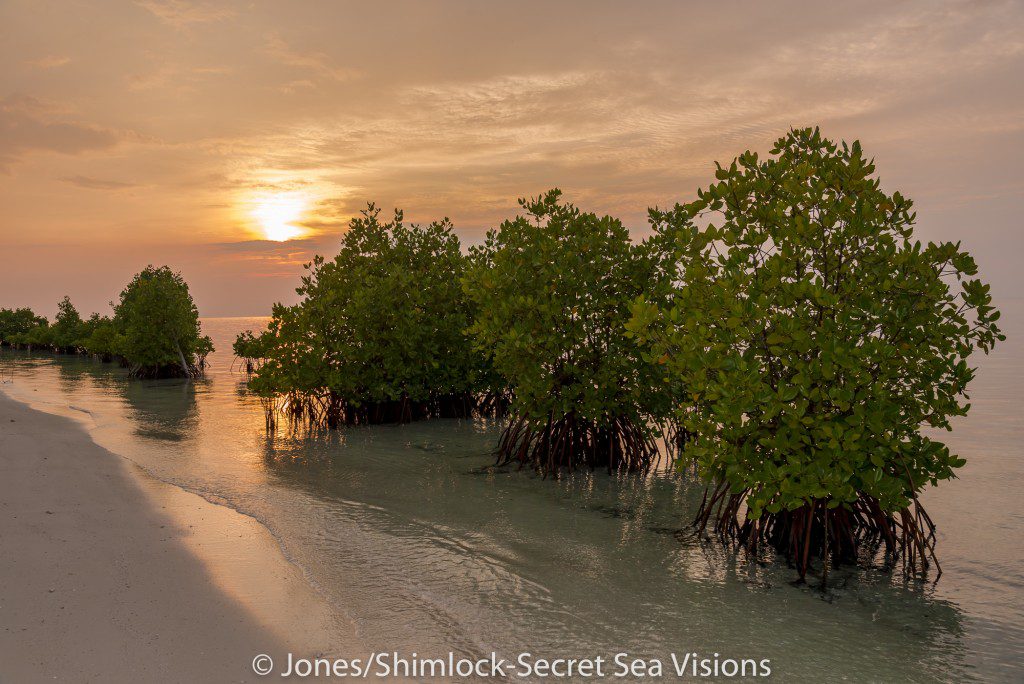
Mangrove planted by villagers to control beach erosion. Arborek Island, Raja Ampat, West Papua, Indonesia
The site will feature a follow-up report on the 2016 meeting.
Jennifer Howard is the Marine Climate Change Director of Conservation International.






